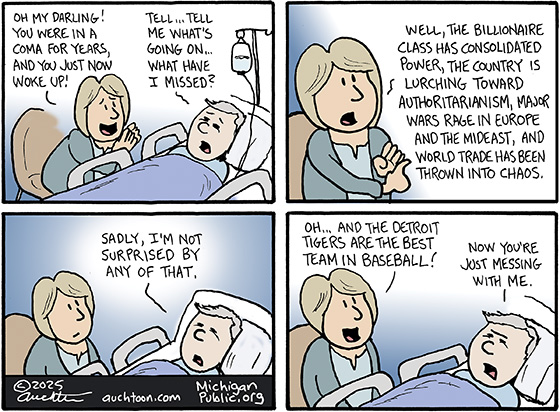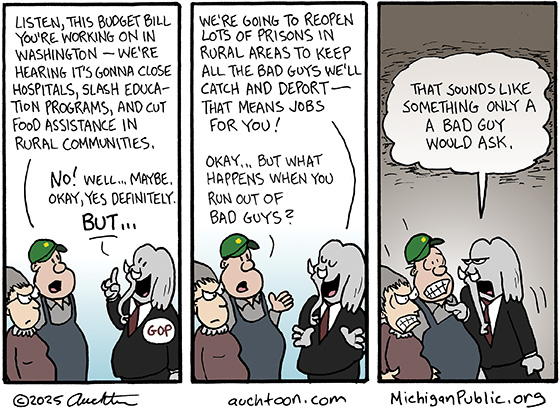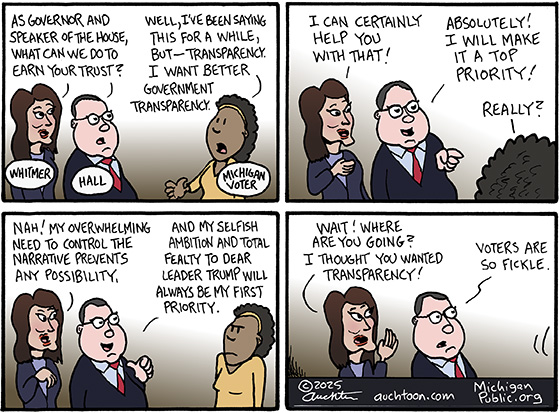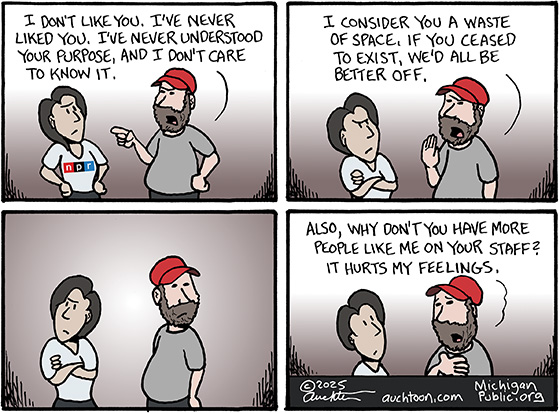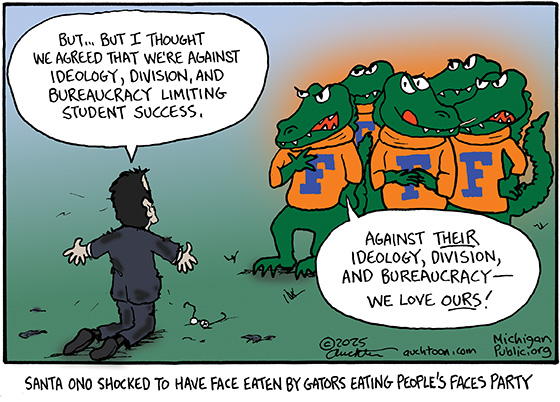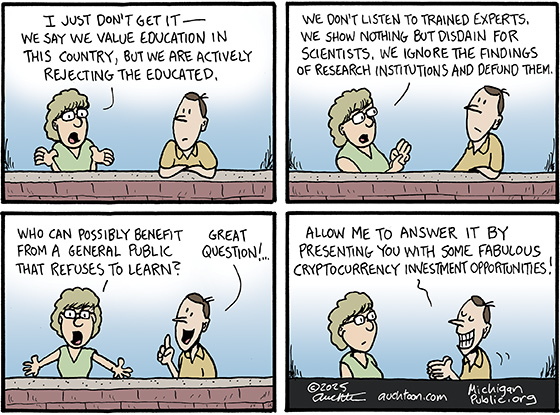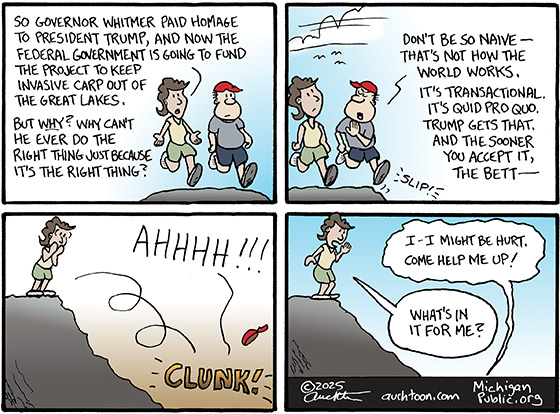That’s Different
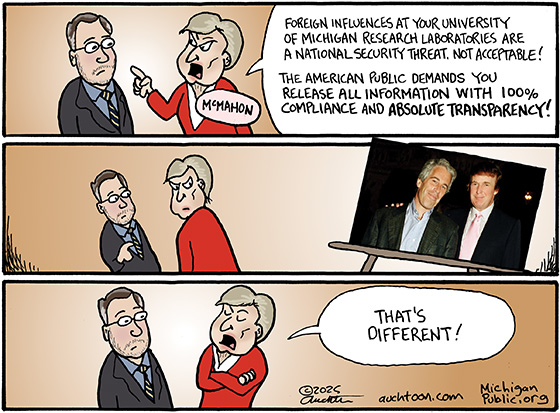
A story broke this week about two Chinese scientists at the University of Michigan’s research laboratories who have been charged with smuggling biological materials into the United States. The U.S. Education Department (at least as far as it exists today) has opened an investigation into U of M’s foreign funding, which is in line with the priority President Trump has cited for increasing transparency in these matters.
It’s no secret that I tend not to agree with the President about much, but, good! Investigate. Find out what happened. Let the legal system (at least as far as it exists today) do its work and release the findings.
But my dear Mr. President, let us not be so selective in our demands for transparency. You and many, many of your appointees rode the Jeffrey Epstein story into office. Release the findings.
